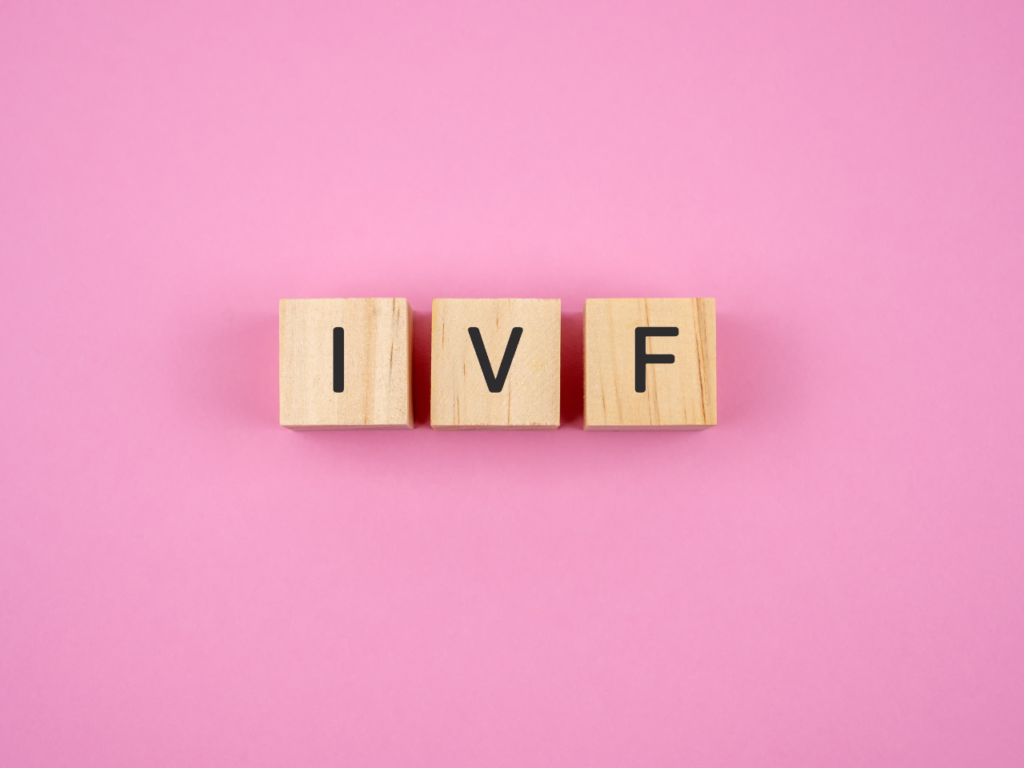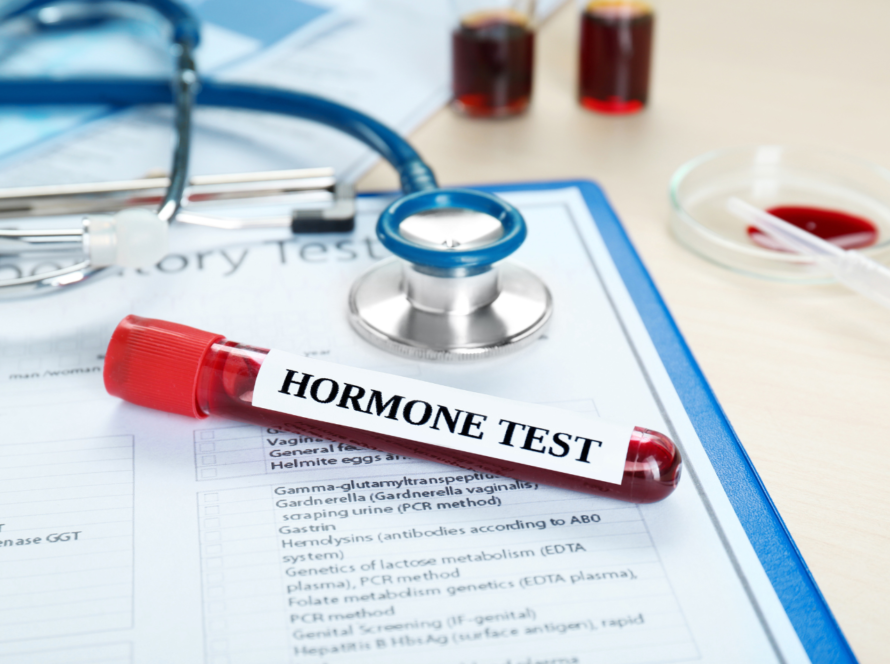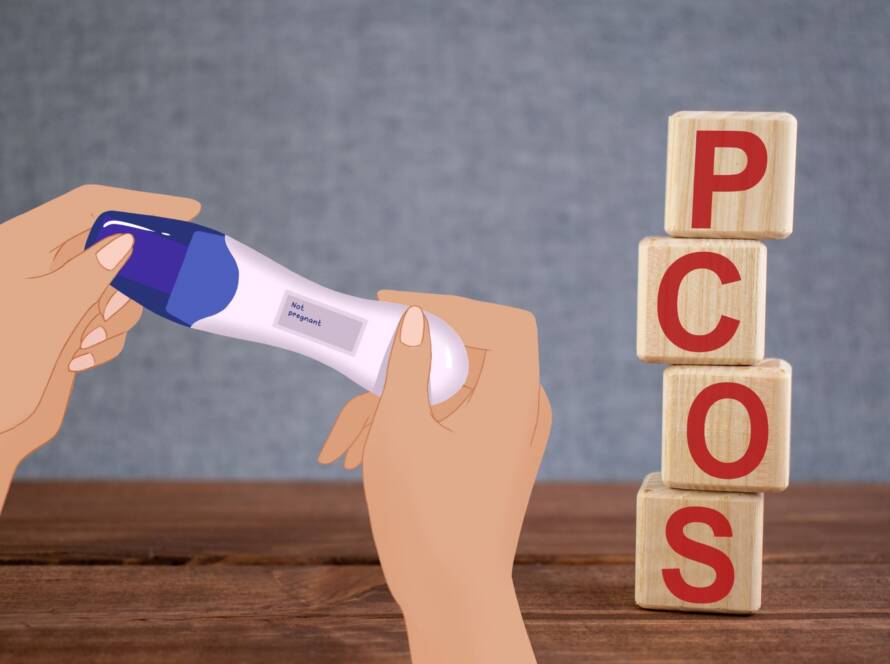When it comes to IVF (In Vitro Fertilization), egg quality plays a critical role in determining the success of fertilization and embryo development. Poor egg quality can lead to failed implantation, miscarriage, or difficulty in achieving pregnancy. Fortunately, there are natural ways to improve egg quality before starting IVF treatment, which can significantly enhance your chances of success.
At Mithran Fertility Center, Chidambaram, we help women improve their egg quality through personalized fertility enhancement programs, including dietary recommendations, supplements, and lifestyle modifications. In this blog, we’ll explore natural ways to boost egg quality and increase your chances of a successful IVF journey.
Why Is Egg Quality Important for IVF Success?
The quality of eggs determines how well they can be fertilized and develop into healthy embryos. Healthy eggs have:
✅ Higher Fertilization Rates: Better chances of successful fertilization.
✅ Stronger Embryo Development: Healthy embryos lead to higher implantation rates.
✅ Reduced Risk of Miscarriage: High-quality embryos have a lower risk of chromosomal abnormalities.
Fact: Women are born with a finite number of eggs, and as they age, the quality and quantity of eggs decline. However, adopting certain lifestyle changes can positively impact egg health, even after the age of 35.
How Long Does It Take to Improve Egg Quality?
It takes approximately 90 days for an egg to mature before ovulation. Therefore, any changes you make to improve egg quality should begin at least 3 months before starting IVF or attempting natural conception.
Natural Ways to Improve Egg Quality for IVF Success
1. Eat a Nutrient-Rich, Fertility-Boosting Diet:
A balanced diet rich in vitamins, minerals, and antioxidants plays a key role in improving egg quality.
✅ Fertility-Friendly Foods to Include:
- Leafy Greens: Spinach, kale, and fenugreek are high in folate and antioxidants.
- Berries: Blueberries, raspberries, and strawberries are rich in antioxidants.
- Nuts and Seeds: Almonds, walnuts, flaxseeds, and chia seeds provide omega-3 fatty acids.
- Avocados: High in healthy fats that support hormone balance.
- Whole Grains: Brown rice, quinoa, and oats regulate insulin levels.
- Eggs and Salmon: Excellent sources of protein and omega-3 fatty acids.
Foods to Avoid:
- Processed foods high in sugar and trans fats.
- Excessive caffeine and alcohol.
- Refined carbohydrates and sugary snacks.
Tip: Focus on a Mediterranean-style diet, which is known to enhance fertility and egg quality.
2. Manage Stress and Practice Relaxation Techniques
Chronic stress leads to hormonal imbalances that can affect egg quality. Stress increases the production of cortisol, which interferes with reproductive hormones and negatively impacts ovarian function.
Stress-Relieving Activities:
- Yoga and Meditation: Improves blood flow to reproductive organs and promotes relaxation.
- Breathing Exercises: Lowers cortisol levels and reduces anxiety.
- Counseling or Support Groups: Helps manage emotional challenges during the IVF journey.
Tip: Incorporate stress-relief practices into your daily routine to maintain a calm and positive mindset.
3. Take Fertility-Boosting Supplements
Certain vitamins and supplements can enhance egg quality by supporting mitochondrial function and reducing oxidative stress.
Recommended Supplements to Improve Egg Quality:
- Coenzyme Q10 (CoQ10): Improves mitochondrial function and energy production in eggs.
- Folic Acid: Essential for DNA synthesis and egg maturation.
- Vitamin D: Regulates hormone production and supports ovarian health.
- Omega-3 Fatty Acids: Reduces inflammation and enhances reproductive function.
- Zinc and Selenium: Improves egg quality and protects against oxidative damage.
Tip: Consult with your fertility specialist before starting any supplements to ensure the correct dosage.
4. Maintain a Healthy Body Weight (BMI)
Both underweight and overweight women may experience hormonal imbalances that affect egg quality and ovulation. Maintaining a BMI between 18.5 and 24.9 improves fertility outcomes.
📉 Why BMI Matters:
- Higher BMI: Can lead to insulin resistance and ovulatory disorders.
- Lower BMI: May affect ovulation and reduce egg quality.
Tip: Engage in moderate exercise, such as brisk walking or yoga, to maintain a healthy weight.
5. Improve Blood Circulation to Ovaries:
Good blood flow to the ovaries and uterus enhances egg quality and creates a favorable environment for embryo implantation.
🩸 Ways to Improve Blood Circulation:
- Moderate Exercise: Increases oxygen-rich blood flow to reproductive organs.
- Acupuncture: Stimulates blood flow and improves ovarian function.
- Hydration: Drinking plenty of water ensures optimal blood flow.
Tip: Aim for at least 30 minutes of moderate exercise 4-5 times per week.
6. Avoid Smoking, Alcohol, and Caffeine
Smoking, alcohol, and excessive caffeine consumption have been linked to poor egg quality and reduced fertility.
❗ Why It Matters:
- Smoking: Damages eggs and accelerates ovarian aging.
- Alcohol: Affects hormone levels and disrupts egg maturation.
- Excessive Caffeine: Increases the risk of miscarriage and lowers implantation rates.
Tip: Limit caffeine intake to 1-2 cups per day and avoid alcohol and smoking altogether.
7. Prioritize Quality Sleep
Getting 7-8 hours of quality sleep per night is essential for hormone balance and optimal egg quality.
🕰️ Why Sleep is Important:
- Regulates Hormones: Melatonin and cortisol levels influence ovarian function.
- Supports Cell Repair: Restorative sleep helps protect egg cells from oxidative damage.
Tip: Create a consistent sleep schedule and avoid screen time before bed.
Role of Antioxidants and CoQ10 in Enhancing Egg Quality

Antioxidants neutralize free radicals that can damage egg cells and lead to chromosomal abnormalities.
How CoQ10 Improves Egg Quality:
-
Boosts mitochondrial energy production in egg cells.
-
Protects against oxidative stress and age-related decline.
-
Enhances embryo development and implantation success.
Tip: Taking 200-600 mg of CoQ10 daily can significantly improve egg quality, especially for women over 35.
Why Choose Mithran Fertility Center for IVF Preparation?
At Mithran Fertility Center, Chidambaram, we provide:
✅ Personalized Pre-IVF Preparation Plans
✅ Expert Guidance on Diet, Supplements, and Lifestyle Changes
✅ Emotional and Psychological Support Throughout the IVF Journey
✅ High Success Rates with State-of-the-Art IVF Techniques
FAQs
It takes 3-6 months to improve egg quality, as eggs take around 90 days to mature.
Leafy greens, berries, nuts, seeds, avocados, and whole grains enhance egg quality naturally.
Yes, CoQ10 supports mitochondrial function in egg cells and boosts fertility, especially in women over 35.
Yes, chronic stress disrupts hormonal balance, reducing egg quality. Incorporating stress-relief techniques can help.
A healthy BMI (18.5-24.9) improves egg quality, while being overweight or underweight can negatively affect fertility.
Conclusion
Improving egg quality naturally before IVF can significantly enhance your chances of a successful pregnancy. By adopting a nutrient-rich diet, managing stress, taking the right supplements, and maintaining a healthy lifestyle, you can create an optimal environment for your eggs to thrive.
At Mithran Fertility Center, Chidambaram, we provide expert guidance and personalized care to help you achieve the best possible outcomes in your IVF journey.



